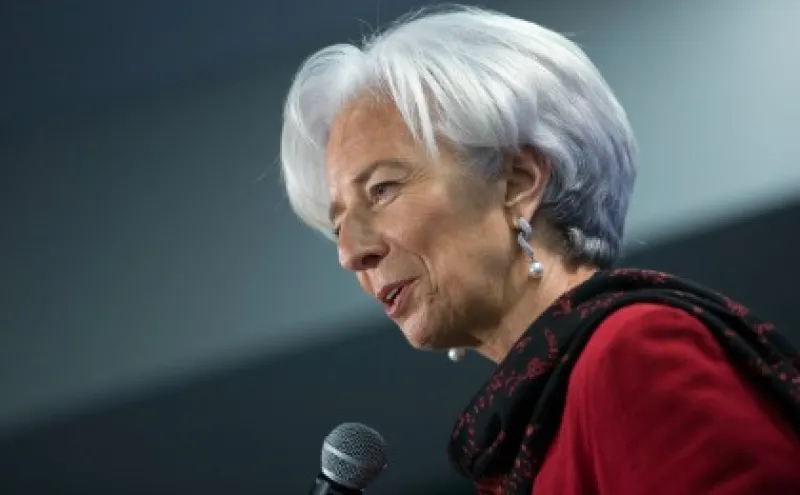The announcement that General Electric, the seventh-largest bank holding company in the U.S. by assets, is divesting its primary financial sector divisions sends a clear message that an increasingly difficult regulatory environment is making Wall Street and Main Street financial institutions less attractive to investors. A number of major U.S. financial firms post quarterly earnings this week — and alongside the numbers will likely come forward guidance from company management about mounting market headwinds.
Monday, April 13: Asian data releases for the day include March machinery orders from Japan and trade and monetary supply data from China. Consensus forecasts call for Japanese manufacturers to continue to face challenges on the back of weak external demand. After a massive trade surplus in February, Chinese export data is expected to moderate while keeping a positive trajectory. Forecasters predict expansion in new February loan data from the People’s Bank of China, as central bankers continue to funnel liquidity into non-real estate markets.
Tuesday, April 14: March wholesale prices in Germany, consumer prices for both Italy and Spain and U.K. cost levels for both the cash register and factory gate are scheduled to be announced. Consensus forecasts call for price growth to remain subdued in the region — with the exception of U.K. housing — which is expected to rise to 8.7 percent year-over-year. In the U.S., producer price data is among the day’s economic releases. The primary focus for U.S. market sentiment, however, will be retail sales for March. Expectations point toward a rebound after a hard stumble in February. Financial-sector titans JP Morgan Chase and Wells Fargo as well as pharmaceutical and consumer product company Johnson & Johnson will report first-quarter earnings before equity markets open in New York.
Wednesday, April 15: Chinese industrial production, retail sales and fixed investment data for March will be released. Those watching renminbi-denominated markets, as well as global commodity investors, are more likely to keep their eyes on the National Bureau of Statistics press conference accompanying initial first-quarter GDP estimates. Analysts will parse Japan February industrial production numbers for any signs of effects of Bank of Japan easing measures on external-demand driven sectors. German consumer price data for March and aggregate euro-zone trade data for February are on the European macro lineup. The main story of the day from the Continent, however, will be the European Central Bank’s monthly announcement. During the accompanying press conference, ECB president Mario Draghi will likely address ongoing concerns surrounding Greece. In the U.S. the two primary economic indicators for the day will be March industrial production and the Federal Reserve’s monthly Beige Book of regional anecdotal economic information. Bank of America Corp., Charles Schwab and Netflix are among the large-cap U.S. equities announcing quarterly results as earnings reporting season shifts into full gear.
Thursday, April 16: Finance ministers from G-20 nations will begin to convene in Washington for a series of discussions. As usual on Thursday, weekly initial jobless claims data will be released in the U.S. Claims figures reported this past week saw an uptick in the number of first-time unemployment claimants of 281,000, less than forecast and near multimonth lows. There is a host of announcements coming out of the financial sector. American Express, Citigroup, Blackstone Group and BlackRock are all scheduled to post returns for the first three months of the year. Energy-sector service provider Schlumberger is expected to address major headwinds facing the industry when it makes its quarterly earnings announcement.
Friday, April 17: Consumer inflation data for the euro zone will be carefully parsed for any shift that might have any implication for the ECB’s quantitative easing program. In the U.K., March unemployment figures will be unveiled with forecasts for no significant move, as the Bank of England continues to maintain historically low rates in the face of deflationary pressures. In the U.S. consumer price figures for March and University of Michigan consumer sentiment survey index numbers will help to gauge the mood at the cash register, although the biggest macro headlines of the day may come out of the IMF and World Bank's annual spring confab in Washington.





